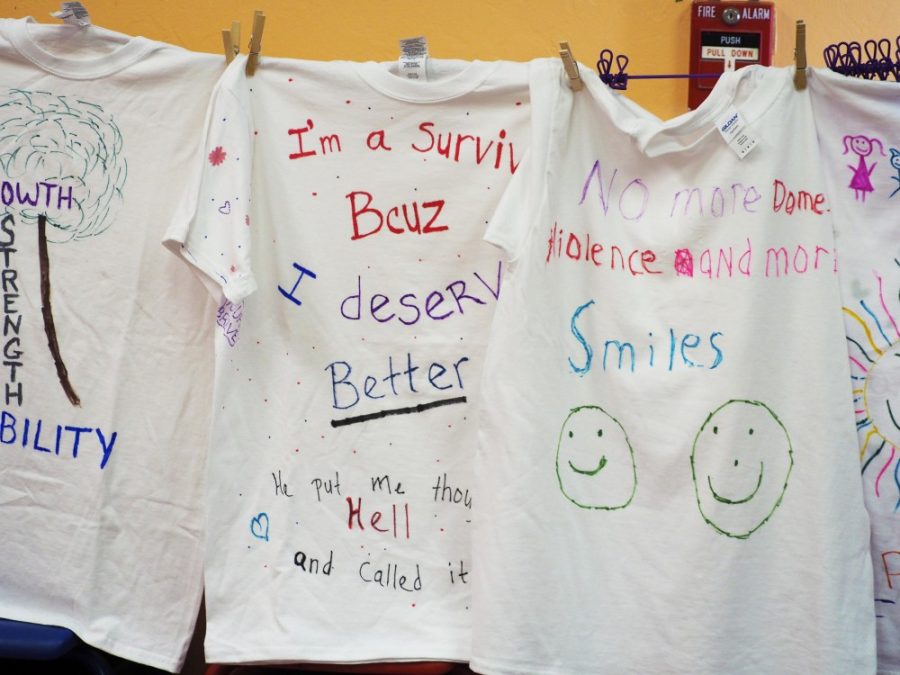With the Gabby Petito case and countless other cases in the news surrounding the issue of domestic violence, it is more important now more than ever to ensure that not only the laws regarding domestic violence are tightened, but that the public grasps a deeper understanding of what domestic violence consists of. October serves as domestic violence awareness month, and this year it holds an entirely different weight given the effects the pandemic has had on domestic violence.
The boundaries of what defines domestic violence go further than just physical abuse; domestic abuse can include emotional, financial, psychological and sexual abuse as well. Domestic abuse is any type of violence or behavior that harms an individual within an intimate partner relationship.
There are various reasons why domestic violence occurs, but the one major reason is to gain control over another in a relationship. The abuser needs control to a point where they feel the need to attain this control through force and abuse. Relationship dynamics can be tricky, but they should never be so one-sided that they are painful.
Domestic violence on college campuses
As college students, the issue of domestic violence can seem far away when in reality the issue of domestic violence affects women ages 18-24 in catastrophic numbers. The reasons for this vary; 70% of people in an abusive relationship do not realize that they are in an abusive relationship. In schools, domestic violence is a topic that is too often avoided or skimmed over because it is seen as controversial. Politics control the curriculum, leaving out key items like the warning signs of domestic violence.
On top of the avoidance of education on the topic, the college atmosphere, with drinking, stress and newfound independence heightens tension in relationships. The environment of college can have a major effect on unhealthy relationships.
Dangerous relationships that start in college can impact someone for the rest of their life due to the repeated tendency of domestic violence. Being exposed to an unhealthy relationship at such a young age can impact relationships throughout the rest of your life.
There is no mold
While college students are very much impacted by domestic violence, there is no mold that a victim and/or unhealthy relationship falls into. Domestic violence occurs in all types of relationships, regardless of gender identity, sexual preference and race. Acknowledging the vast grip that domestic abuse has on a relationship, regardless of what it looks like, helps those in an unhealthy relationship receive the help they need.
Too often the signs of domestic violence are only taught to heterosexual women and there needs to be more education for everyone. The statistics show that straight women are not the only victims so the reach of education needs to broaden to members of the LGBTQ community and beyond.
Recognize the signs
Because as mentioned before, domestic violence does not fit a standard mold; every relationship looks different. If a relationship is starting to get to a point where the power dynamic is stressed, look for other signs of violence or manipulation.
One major sign that you or someone you may know is in a dangerous relationship is if a partner purposefully isolates another. This is a red flag. Friendships outside of a relationship are essential and isolation only hurts.
Signs also include extreme mood swings, controlling tendencies, being overly possessive and constant ridiculing.
It is very important to recognize that domestic violence is cyclical. The abuser goes from the honeymoon phase to abuse to apologizing and then back to the honeymoon. This cycle of manipulation is extremely dangerous.
Getting help
If you or someone you know is in an abusive relationship you can access both local and national resources here.
Follow Payton Toomey on Twitter

Payton Toomey (she/her) is a junior majoring in Journalism and Information Sciences and eSociety. She loves to cook and golf in her free time.









